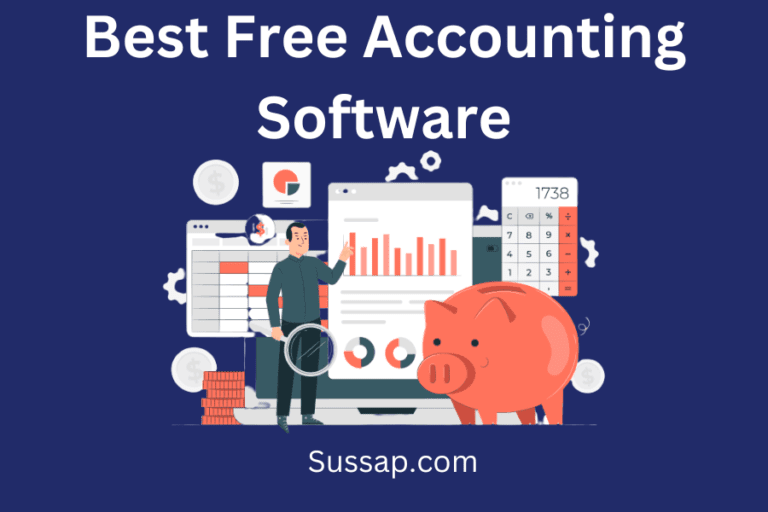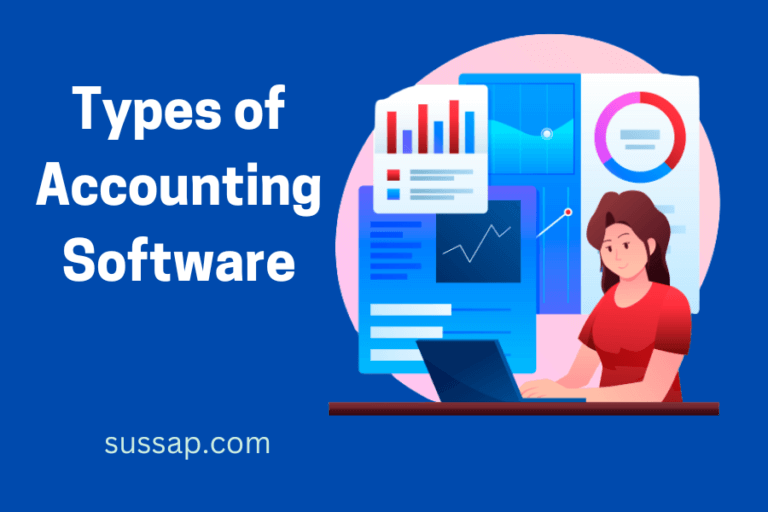Do you have a small business that needs to keep your expenses under control? Small business owners face significant financial challenges that go beyond the scope of just running their company.
For example, they must also worry about making ends meet while maintaining high standards of business practice.
Here are some helpful accounting tips for new and small businesses to help owners stay on track and prevent financial issues.
Let’s take a look at the most important accounting considerations for startups and small businesses.

Keep Your Personal And Business Account Different
Many small business owners keep their personal and business accounts in the same financial institution.
If you keep all of your finances in one account, it will difficult to manage if something happens and you must make a quick decision.
This is a huge mistake as it can cause significant problems for your business.
Try to keep your personal and business financial accounts in separate financial institutions.
Having a separate business and personal account helps to:
- Avoid money laundering.
- keep your business assets safe.
- Take advantage of tax deductions.
- Build business credit.
- Avoid personal liability.
- Improve budgeting and forecasting.
Keep Accurate Records of Every Transaction
When you have just launched your business, making simple mistakes can easily lead to costly consequences. For example, you might not keep accurate records of all sales transactions.
You may also have poor record-keeping habits that could lead to cash flow problems.
It can be a difficult task for new business owners as they are often busy trying to get their company off the ground.
Another mistake many small business owners make is taking cash from their business accounts before receiving any funds from customers or suppliers. This is a surefire recipe for financial trouble and loss of money.
The best way to manage your money is to keep a record of all of your transactions.
It includes money, checks, and other financial instruments.
Keeping accurate records of transactions helps you to;
- Monitor your spending.
- Generate the reports.
- Improve cash flow.
- Prepare your tax returns.
- Fundraising.
- Verify the source of income.
Get Accounting Software
Small businesses have to manage costs such as interest on a bank loan, cost of goods purchased, payroll, etc. To ensure that these costs do not increase beyond control, it is crucial to track them.
An excellent way to do this is with online accounting software. Using accounting software will give you excellent record-keeping and an organized way to track your company’s finances.
You will also have a complete understanding of your company’s income and expenses.
With good accounting software, you can automate your accounting process, manage employees, track income and expenses, manage budgets, and many more.
A great way to choose accounting software is by looking at its ratings and reviews. There are many software ratings websites such as Trustpilot, Capterra, etc. that you can use to find accounting software that has been tested and approved by financial analysts.
Here’s the list of the top 7 best accounting software for small businesses.
Always Track Your Business Expenses
To manage cash flow and determine your profit or loss for the tax year, keep track of every expense you incur.
This includes bills such as your credit card, property taxes, utilities, and more. Vendor payments, as well as other business expenses, should be documented as well.
This can be done by keeping track of each major expense that your business incurs. These costs include rent, utilities, internet service, equipment, and other difficult-to-record costs.
The best tool for managing your company’s expenses is accounting software or expense management software. You can easily see how much money is leaving your business each month.
Tracking business expenses facilitates tax deductions, controls the cash flow, determines profitability, and more.
Prioritize Cash Flow
Some of the critical financial challenges that small businesses face are cash flow deficit and short-term debt.
Poor cash flow can make it difficult to grow, pay bills, and purchase inventory. To increase your company’s chances of financial success, you should focus on improving your company’s cash flow.
Having a healthy cash flow enables you to reinvest in the business, settle debts, pay your expenses, and make lucrative budgets.
One way to avoid cash flow problems is to have a plan in place for when a bill is due. This could be a reminder on your company’s phone system, a direct deposit into your bank account, or a system where you automatically pay off your big bills when they come due.
You won’t feel embarrassed to ask for assistance if you have a system in place that pays your bills automatically.
Hire a Professional to Handle Taxes
Hiring a professional helps you save a lot of time and money when it comes to taxes.
A competent accountant will be aware of which tax credits and deductions to prioritize as well as which taxes to claim and pay.
Additionally, they will be aware of when to claim a specific deduction or credit as well as when and how much to expense.
Hiring a professional will also enable you to receive guidance on which state and federal taxes to avoid and which to minimize.
Many new businesses are afraid to hire a professional to handle their taxes. This is a serious error because hiring a tax attorney won’t cost you any more in the long run than hiring a payroll or accounting clerk would have.
Know Basic Accounting Terms
New business owners need to understand basic accounting terms to better communicate their business to investors, lenders, and other stakeholders.
Accounting terminology can be difficult for new business owners to understand. Understanding fundamental accounting terms will help you better understand your financial records.
For instance, a cash flow statement is a report that examines the flow of money into and out of your company.
An income and Expenditure statement are the numbers that show how much money comes in and how much is used up by your company.
A Balance Sheet is a report that shows the total assets and liabilities of your business.
Here’s the list of 27 basic accounting terminology you need to know.
Prepare Financial Statements
These statements show the expenses and sources of income for the previous month, as well as the cash available for future expenses.
Financial statements include cash flow statements, income statements, and balance sheets.
Financial statements give insights into your business performance, cash flow, profitability, expenses, etc. It is the key tool for decision-making and future projections of any business.
The most important part of preparing a financial statement is knowing your numbers. Your bank account balance should match the figures on your financial statements.
You have a problem if your numbers differ. Your financial situation won’t improve unless you fix the issue. The best way to improve finances is to keep track of your spending and income.
Realizing the importance of expense tracking and your financial situation will ensure that you have the resources necessary to get through any situation.
Generate Financial Projections For the Coming Year
Setting financial goals helps you understand what your life’s objectives should be and maintain focus on those objectives throughout the year.
It’s time to take a closer look once your financial statements’ numbers are correct and available.
Making financial projections for your company helps you estimate the money you need to bring in each month to cover your expenses.
This enables you to see your spending and savings and identify areas for cost-cutting.
You can create various scenarios by using a spreadsheet or an accounting program like QuickBooks.
Make it a habit to periodically review your financial forecasts to gain a new perspective on your goals.
Final Words
Businesses need to be financially sound so that they can focus on growing their business and can avoid becoming debtors to their customers.
Bad accounting habits can lead to costly consequences for a small business, including a reduction in customer orders, reduced profits, and a decreased ability to pay your employees raises.
So, I hope these accounting tips might help you to manage your business effectively and hope your business will be financially fine.
Also Read:






![7 Best Accounting Software For Small Business [In 2024]](https://sussap.com/wp-content/uploads/2023/02/Best-Accounting-Software-For-Schools-2-768x512.png)